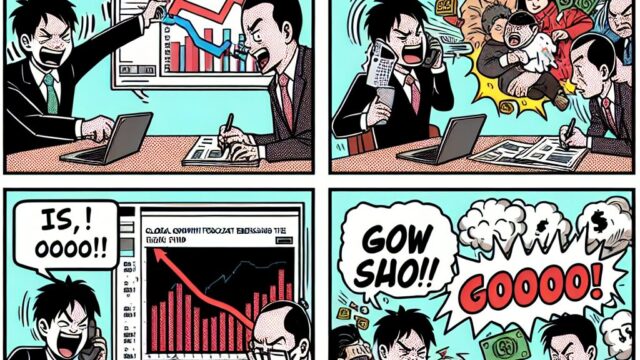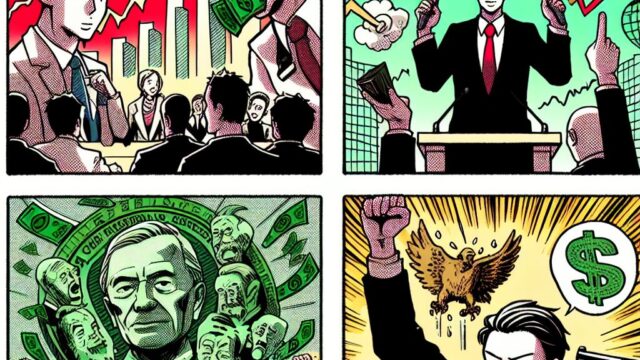🎧 Audio
📖 Script
Today, let’s talk about a significant issue affecting two small countries in southern Africa, Eswatini and Lesotho. These nations have been fighting hard against HIV, a virus that affects millions of people worldwide. The U.S. has been a critical supporter in this battle, providing aid through a program called PEPFAR, which stands for the U.S. President’s Emergency Plan For AIDS Relief. This program has helped these countries make progress in controlling the spread of HIV.
However, there is a concern that recent changes in U.S. foreign policy could threaten this progress. Under President Trump’s “America First” policy, foreign aid budgets were reviewed, and cuts were proposed. This means that the funding Eswatini and Lesotho rely on might be reduced or even stopped. Such a change could have serious consequences for the efforts to combat HIV in these countries.
A journalist named Jon Cohen, who works for Science magazine, traveled to Eswatini and Lesotho in May to see the situation firsthand. He found that the U.S. aid cuts are already starting to have an impact. Clinics and health workers in these countries rely heavily on the support from PEPFAR to provide medicine and treatment to those affected by HIV. Without it, many people might not get the help they need.
In a conversation between Darian Woods and Jon Cohen, they discuss the importance of PEPFAR in the global fight against HIV/AIDS. They also talk about what might happen if the funding is reduced. The discussion highlights the challenges faced by these countries and the importance of international support in their fight against the virus.
This situation is a reminder of how interconnected our world is. Decisions made in one country can have significant effects on others, especially when it comes to health and well-being. It also shows the importance of continued support and collaboration to tackle global health issues like HIV.
📝 Vocabulary
- aid: help or support, especially in the form of money
- curb: to control or limit something
- foreign policy: a government’s strategy in dealing with other nations
- correspondent: a journalist who reports news from a particular place
- funding: money provided for a specific purpose
✏️ Grammar Point
Present Perfect Continuous – “These nations have been fighting hard against HIV, a virus that affects millions of people worldwide.”
❓ Listening Questions
- True/False: The U.S. aid cuts have no impact on Eswatini and Lesotho’s fight against HIV.
- MCQ: What program has been crucial in helping Eswatini and Lesotho combat HIV?
a) World Health Organization
b) UNICEF
c) PEPFAR
d) Red Cross - MCQ: What was Jon Cohen’s role in the news story?
a) He was a government official.
b) He was a scientist conducting HIV research.
c) He was a journalist reporting on the situation.
d) He was a health worker in Eswatini.
-
True
False -
a)
b)
c)
d) -
a)
b)
c)
d)
📚 Reading Questions
- What is the main concern about the U.S. foreign policy changes regarding HIV aid?
- Why is international support important for countries like Eswatini and Lesotho in fighting HIV?
- What does the word “curb” mean in the context of the script?
-
🗝️ 模範解答を表示
4. The main concern is that U.S. foreign policy changes could reduce or stop the funding needed to combat HIV in these countries.
-
🗝️ 模範解答を表示
5. International support is important because it provides the necessary resources and funding to help control and treat HIV, which may not be available locally.
-
🗝️ 模範解答を表示
6. “Curb” means to control or limit something.
🇯🇵 日本語での経済ニュース解説
Source: https://www.npr.org/sections/money/2025/07/04/1255224467/eswatini-lesotho-pepfar-funding
<script>
function checkListening() {
const ans = {
lq1: "1. False",
lq2: "2. c) PEPFAR",
lq3: "3. c) He was a journalist reporting on the situation."
};
const user1 = document.querySelector("input[name='lq1']:checked")?.value;
const user2 = document.querySelector("input[name='lq2']:checked");
const user3 = document.querySelector("input[name='lq3']:checked");
let result = "";
result += "1. " + (user1 === ans.lq1 ? "✅ Correct" : "❌ Incorrect (Correct: " + ans.lq1 + ")") + "<br>";
result += "2. " + (user2?.value === ans.lq2 ? "✅ Correct" : "❌ Incorrect (Correct: " + ans.lq2 + ")") + "<br>";
result += "3. " + (user3?.value === ans.lq3 ? "✅ Correct" : "❌ Incorrect (Correct: " + ans.lq3 + ")") + "<br>";
document.getElementById("lq-feedback").innerHTML = result;
}
</script>







